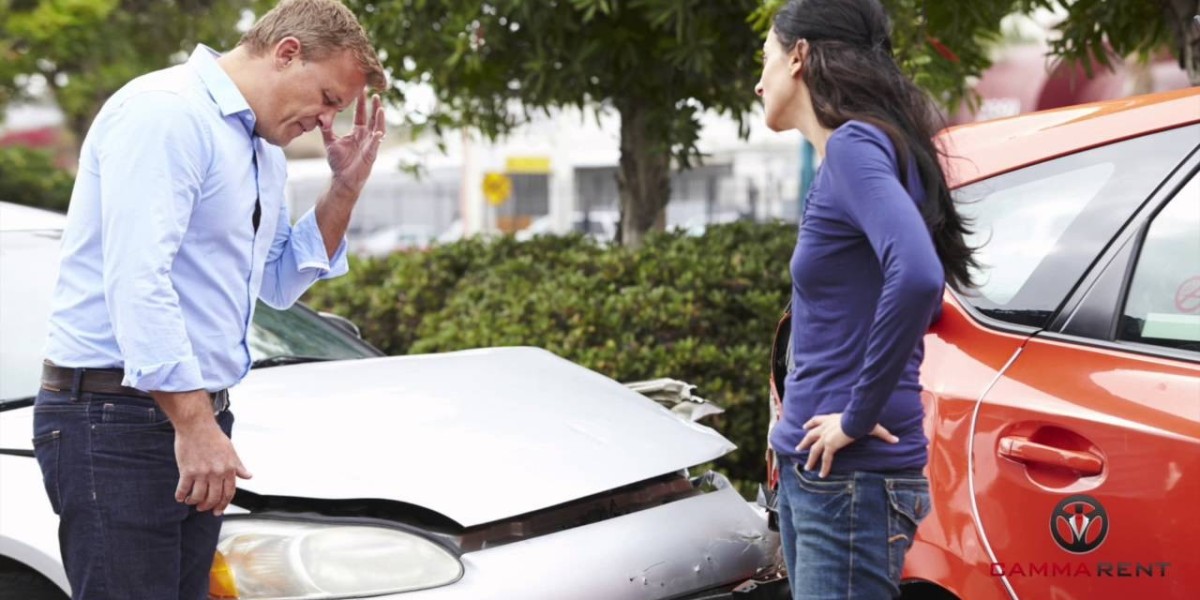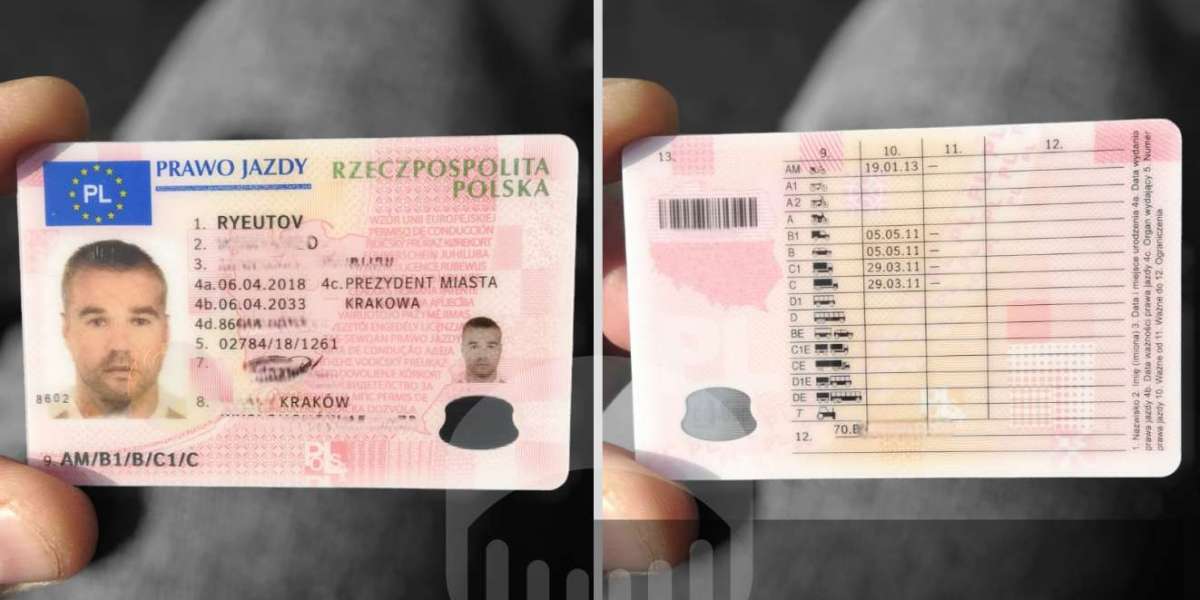Traffic cameras are a common sight across UK roads, working silently yet effectively to monitor and enforce traffic laws. While their main aim is to improve road safety and reduce accidents, traffic cameras also help catch drivers who break the rules. This article explores how traffic cameras operate, the types of offenses they catch, and what drivers can do if they receive a ticket. For those who want to challenge their penalties or fines, we’ll also discuss when seeking advice from the best traffic lawyers might be beneficial.
Types of Traffic Cameras in the UK
Traffic cameras in the UK come in various types, each with a specific purpose. Here are the primary ones:
1. Speed Cameras
These cameras monitor and record vehicle speeds, usually in areas with high accident rates or in designated speed zones. If a driver exceeds the limit, the camera takes a snapshot of the vehicle’s license plate, which could lead to a speeding fine and penalty points on their driving record. Most drivers have seen Gatso cameras on roads, the yellow box cameras commonly used to enforce speed limits.
2. Red Light Cameras
Positioned at busy intersections, these cameras aim to catch drivers who jump red lights. They automatically snap pictures of any vehicle that crosses the line after the light has turned red. Running a red light can be dangerous and usually results in fines and penalty points.
3. Average Speed Cameras
Often used on motorways or during roadworks, average speed cameras calculate a vehicle's average speed over a specific distance. They don’t just catch a driver speeding at one point but monitor the speed over a stretch of road. These cameras aim to encourage drivers to maintain safe speeds consistently.
4. ANPR (Automatic Number Plate Recognition) Cameras
ANPR cameras are used to identify vehicles and track their movements. While they don’t catch traffic offenses directly, they are widely used for enforcing other regulations, such as insurance and tax compliance. ANPR cameras can help locate stolen vehicles, uninsured drivers, and other violations.
5. Bus Lane and Box Junction Cameras
Installed in busy city areas, these cameras enforce specific traffic rules, like preventing unauthorized vehicles from using bus lanes. They also capture drivers who block box junctions by stopping inside them, disrupting traffic flow. Violations here result in fines, which drivers can contest if they believe they were wrongly accused.
How Traffic Cameras Work
Traffic cameras operate using sensors and imaging technology to capture details like license plates and vehicle speeds. Here’s a breakdown of how they typically work:
1. Sensor Activation
Cameras are often connected to ground sensors that detect vehicle movement and speed. When a vehicle passes over the sensor at a speed higher than the limit, the sensor triggers the camera.
2. Imaging and Data Recording
The camera captures an image of the license plate, which includes the time, location, and vehicle speed. Some newer models even record video footage for clearer evidence.
3. Automated Data Processing
The recorded data is sent to a processing center where it’s analyzed, and penalty notices are issued to drivers who violated the rules. Drivers who feel they were wrongly penalized often seek the expertise of the best traffic lawyers to review the evidence and challenge the penalty if necessary.
What Happens If You Receive a Traffic Camera Fine?
If a traffic camera catches a violation, the driver receives a Notice of Intended Prosecution (NIP) by post. This notice details the offense and outlines the penalty, which may include a fine and points on the driver’s license. Here's what drivers need to know:
1. Responding to the Notice
The NIP typically gives 28 days for a response. Ignoring this notice can lead to further fines or even a court summons. Drivers can either accept the fine or contest it.
2. Penalties and Points
Depending on the offense, fines and points vary. For example, speeding fines can range from £100 to £1,000 or even more for severe cases. Accumulating too many points could lead to a driving ban.
3. Right to Challenge
If drivers believe they were wrongly charged, they can contest the fine. Consulting the best traffic lawyers may help drivers evaluate the evidence and potentially reduce or eliminate the penalty.
How to Challenge a Traffic Camera Fine
Challenging a traffic camera fine can be complex. Here are the main steps involved:
1. Reviewing the Evidence
The first step is to carefully examine the evidence. Some notices provide a link where drivers can view the camera footage or images. If the evidence seems unclear or inaccurate, it’s wise to consult the best traffic lawyers who can assess whether there’s a case for an appeal.
2. Providing Justifications
Drivers might have legitimate reasons for challenging a fine. For example, incorrect speed limit signs, camera malfunction, or emergency situations might serve as grounds for appeal. Submitting evidence to back up these claims is crucial.
3. Legal Representation
Hiring the best traffic lawyers can significantly improve the chances of a successful appeal. These professionals understand traffic law and can represent drivers in court, negotiate on their behalf, and present evidence to reduce or remove the penalty.
Are Traffic Cameras Effective in the UK?
Studies show that traffic cameras have been effective in reducing accidents and encouraging safer driving habits. Areas with speed cameras often see lower accident rates as drivers become more cautious. However, the effectiveness of these cameras also depends on their placement and the level of awareness among drivers.
While traffic cameras play a crucial role in promoting road safety, they aren’t without criticism. Some argue that certain placements prioritize revenue over safety. Regardless, being informed about traffic camera rules and having access to the best traffic lawyers when needed can help drivers navigate the legal landscape of UK traffic enforcement.
Tips for Avoiding Traffic Camera Fines
Here are some tips to help drivers avoid fines and stay safe on UK roads:
1. Know the Speed Limits
Staying aware of speed limits, especially in new areas, can help drivers avoid unintentional speeding.
2. Avoid Distracted Driving
Activities like using a mobile phone while driving can lead to severe fines and safety risks. Staying focused helps avoid traffic violations and accidents.
3. Stay Alert for Signs and Road Markings
Following road signs and understanding camera zones, especially in urban areas, can help drivers avoid fines.
4. Consult a Lawyer When in Doubt
If drivers face a violation they believe to be unfair, consulting the best traffic lawyers ensures that they have expert support in navigating the legal process.
Conclusion:
Traffic cameras are here to stay, and they’re an essential part of road safety in the UK. By understanding how these cameras work and being proactive about obeying traffic laws, drivers can avoid fines and contribute to safer roads for everyone. And for those who do find themselves on the receiving end of a camera ticket, seeking help from the best traffic lawyers can make a difference in handling fines or even challenging a penalty successfully.







